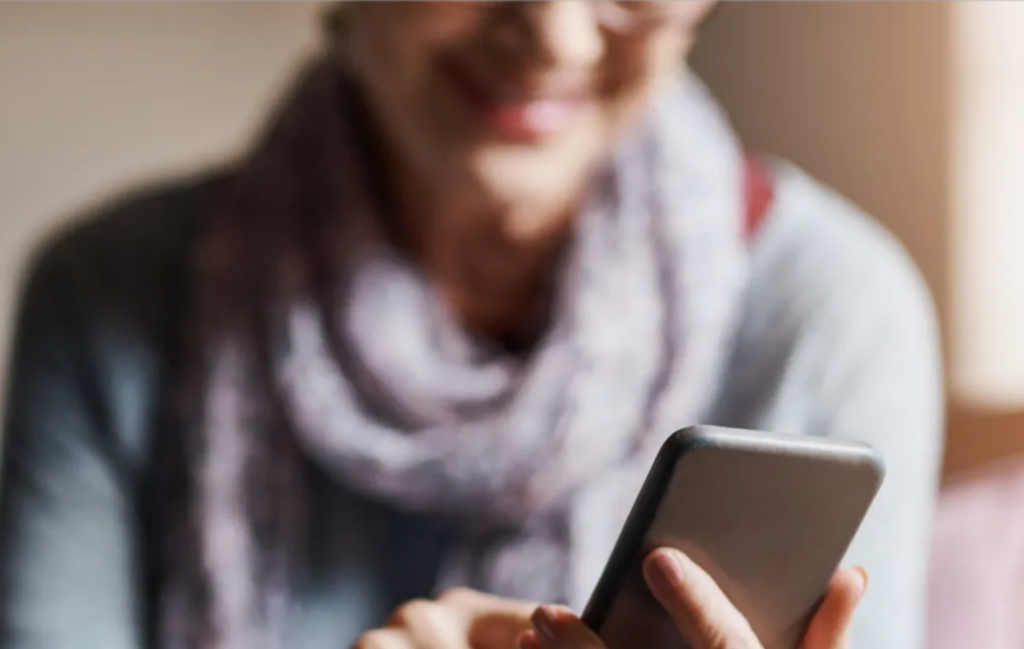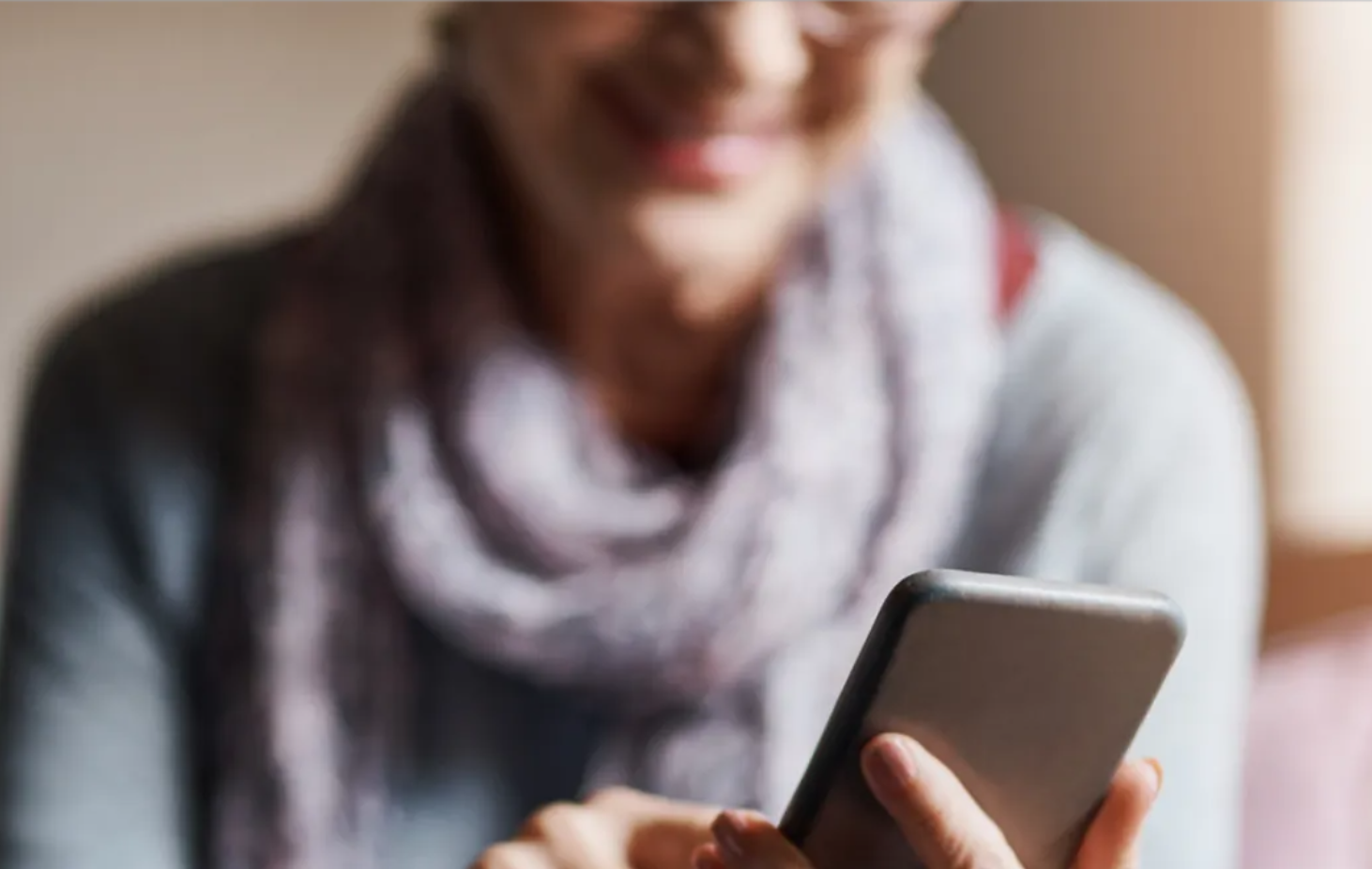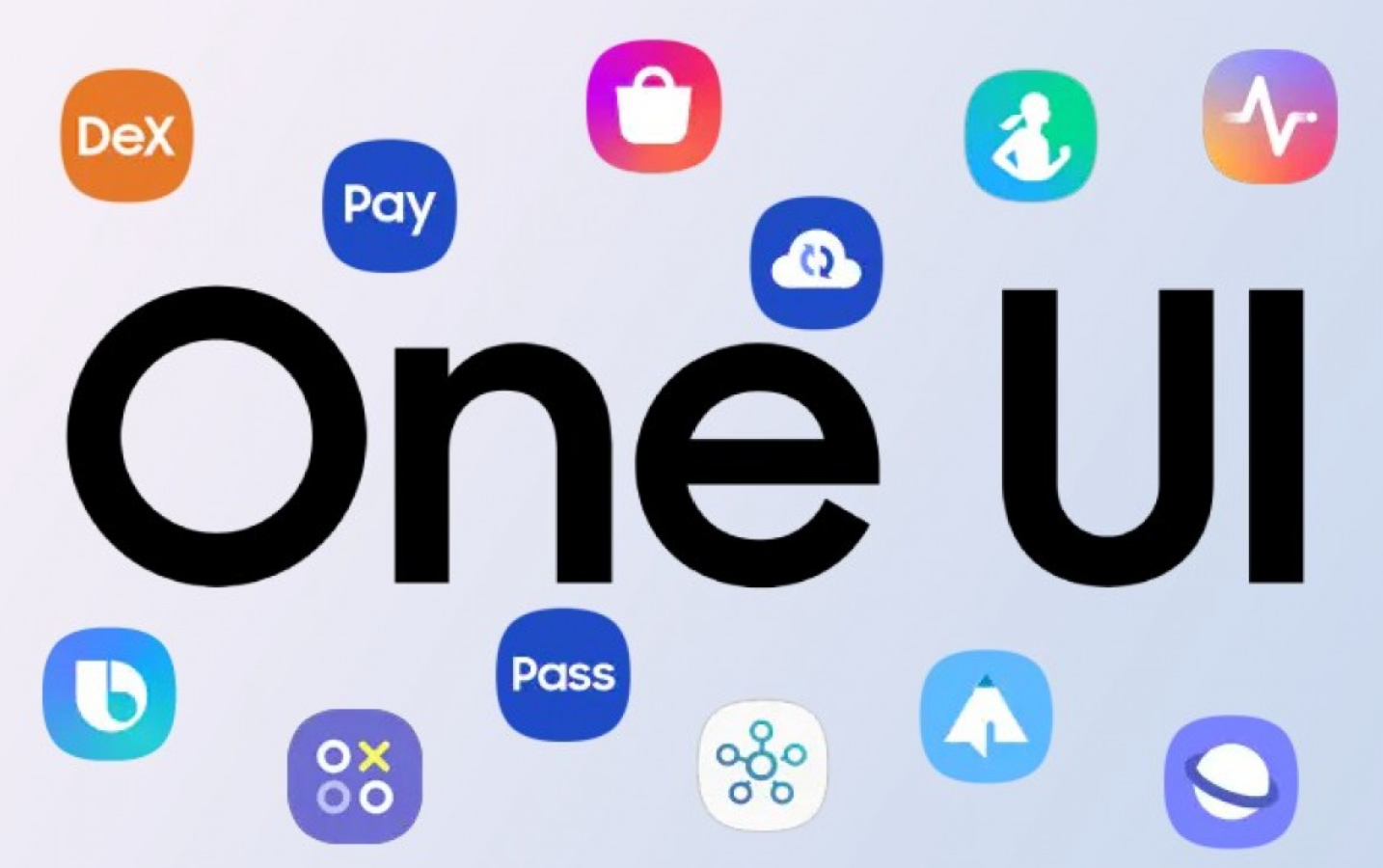Researchers have developed the HippoCamera smartphone app to help alleviate age-related memory loss.
A team of researchers led by University of Toronto cognitive neuroscientist Morgan Barense showed in a study that a smart app they developed helped older adults retain detailed memories. They also provided evidence of patterns of brain activity in the hippocampus (the part of the brain primarily associated with memory) associated with this memory improvement.
Barense’s team’s mobile app virtually mimics some of the functions of the hippocampus. This brain region supports memory recall. Declines in hippocampal volume and function are associated with age-related memory loss.

For the study, researchers recruited older adults between the ages of 61 and 76 and asked them to use a smartphone app for either two or ten weeks. Participants recorded short videos of the events they wanted to recall, along with a brief verbal description of each event. The app automatically set some of these memories to replay, while others didn’t. The researchers then tested the participants’ memories by asking them to describe everything they remembered about each event.
The researchers found that replaying the memory clips improved the recall of these experiences. Participants remembered half as much detail about replayed memories compared to events they recorded with the HippoCamera but never replayed. “Every person in this study benefited immediately and at three months,” Barense said.
The research team found that reviewing the memory clips produced more positive feelings when recalled, indicating that the HippoCamera enables positive recall that can affect people’s emotional well-being.
Next, the researchers measured the activity of the participants’ hippocampus brain region while the participants watched their memory clips and completed a memory test. FMRI scans showed that replaying memory cues with the HippoCamera changed the pattern of activity in the hippocampus, making these everyday experiences more distinct and less overlapping. This suggests that HippoCamera helps keep memories of different events separate from each other in the hippocampus.
Remembering what happened to us is more than just looking back on the past. The memories our brains store and recall later influence who we are, how we behave, and how we relate to others.
As people age, it becomes more difficult to remember specific details of their past experiences, and the loss of vividness in people’s memories significantly impairs their quality of life. “When you start to lose your memory of the past, it can be really disorienting because you feel disconnected from not only the things you’ve done, but who you are as a person,” Barense said.
Source: The Scientist



